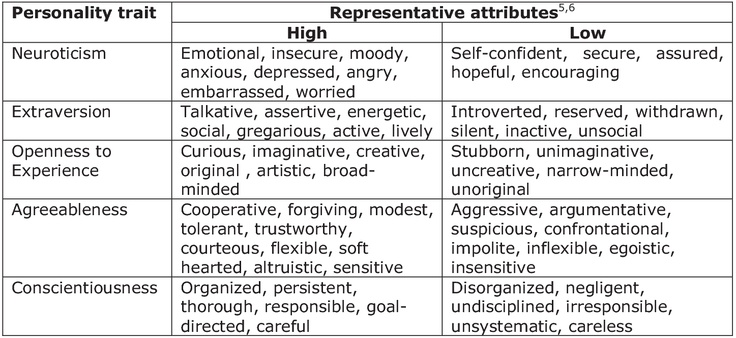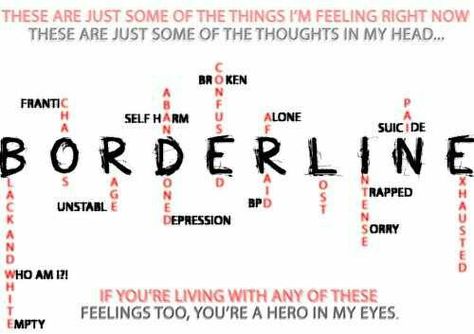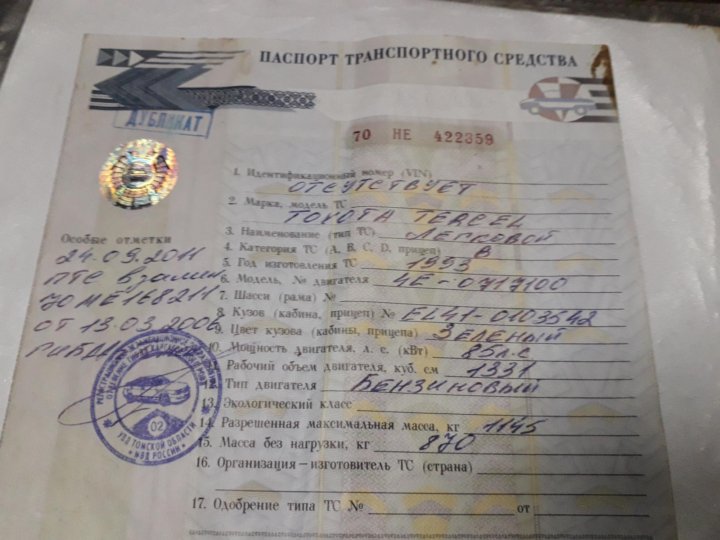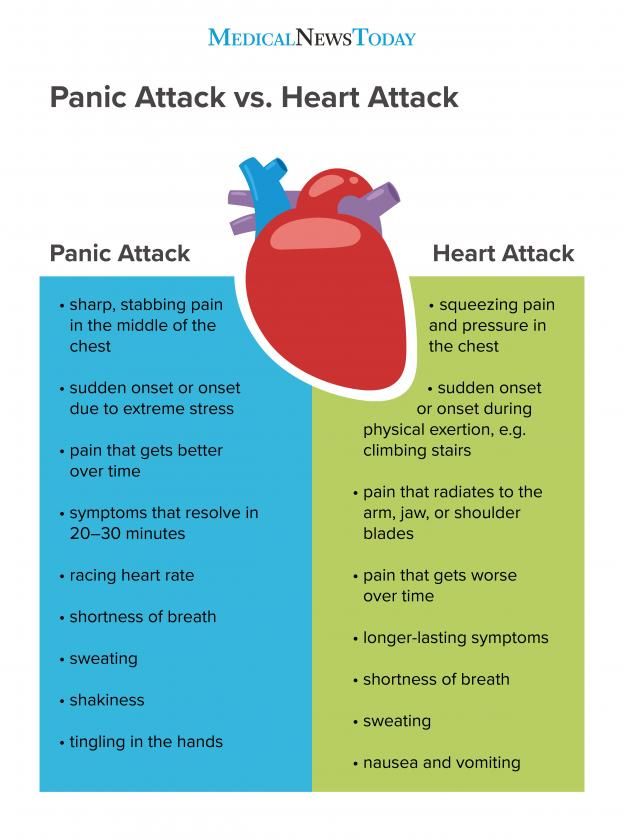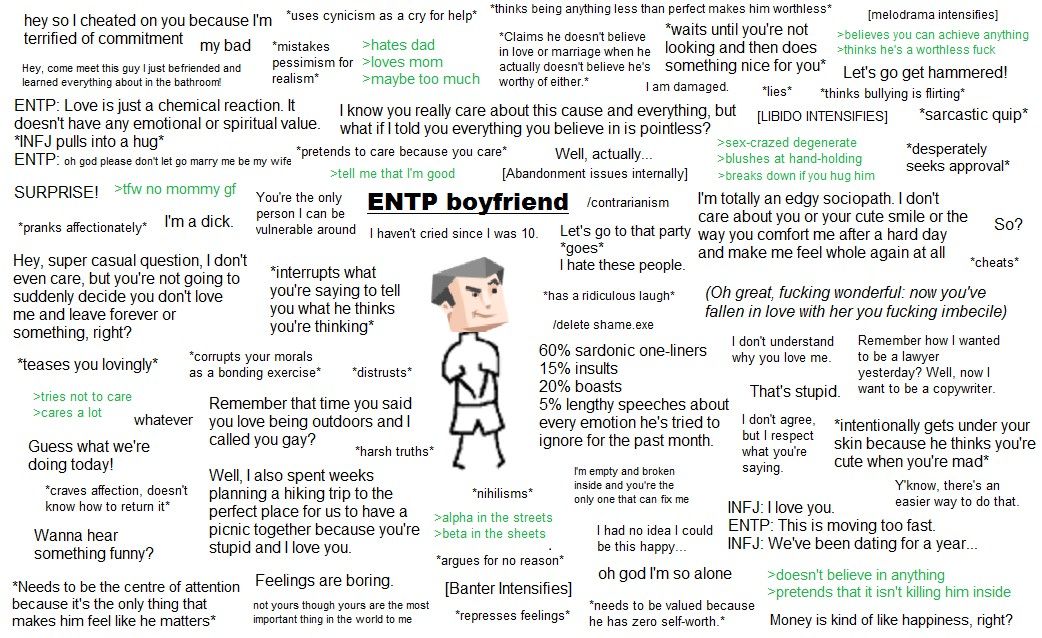Morning vs mourning
Morning vs. Mourning: What’s the Difference?
This content may contain affiliate links. If you purchase through these links I may receive a commission at no extra cost to you. However, I only recommend products or services that I genuinely like and trust.
With so many words that sound exactly the same, it’s no wonder people struggle with learning the English language—even those of us whose first language it is!
Morning vs. mourning is one of those tricky word pairs that lots of people get mixed up.
I explain the difference in this blog post, provide example sentences, and ask you quiz questions so you can test your knowledge.
Table of Contents
Morning MeaningThe word morning refers to the early part of the day before noon. It usually refers to the time of day between sunrise and noon, but it can mean between midnight and noon. Morning can also refer to the beginning of something.
Morning is also used as a greeting as short for “Good morning.”
Examples of Morning in a Sentence- The appointment is scheduled for Tuesday morning at eleven. Will you be there?
- I got some great news this morning!
- Hitting snooze three times before I get up is part of my morning routine.
Warning: Just because there’s a U in it, it doesn’t mean that mourning is the British way of spelling morning. It’s not! Mourning is a completely different word with a different meaning.
Mourning is a noun that refers to the act of showing sorrow. It can refer to an outward sign of grief such as donning black clothing or an armband. This is not to be confused with a morning suit or morning dress, which describes formal daytime attire. This is a popular term for a man’s wedding suit in the UK.
Mourning is the present participle of the verb to mourn. To mourn means to express grief or sorrow.
Examples of Mourning in a Sentence- Polly wore her mourning attire for three days after her pet lizard died.
- A period of national mourning was observed after the death of the president.
- Mourning the loss of your youth as you age is not unusual.
Grief is what you feel inside when someone dies or when you experience a loss. Mourning is the outward expression of grief.
More Grammar Posts- e.g. vs. i.e.
- etc. vs. et al.
- Principal vs. Principle
- Coarse vs. Course
- Brake vs.
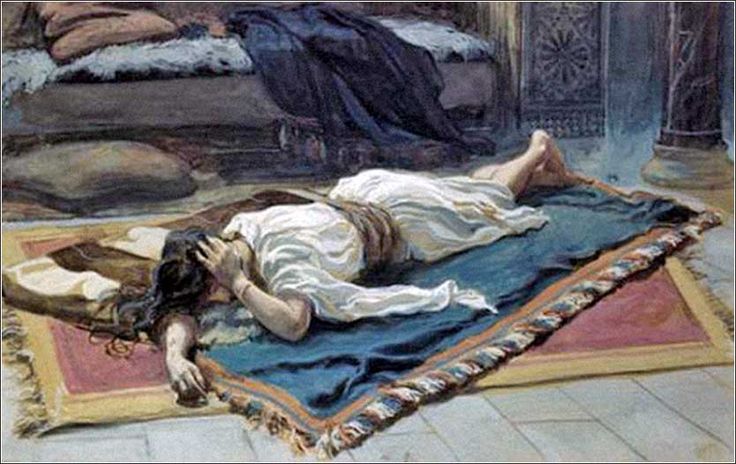 Break
Break
Choose the correct word to complete each sentence. The answers are at the bottom of this blog post.
- I like to exercise first thing in the morning/mourning to get it out of the way.
- Morning/Mourning is a natural part of the grieving process, and it can take several months or even years.
- She wore a black veil to show she was in morning/mourning for her husband.
- Good morning/mourning, Mary! Hope you’re having a nice day!
- The world went into morning/mourning the morning/mourning Princess Diana died.
Have you got the difference between morning and mourning down now? As homophones, they sound exactly the same, but they have different meanings. Morning refers to the early part of the day, and mourning refers to the expression of sorrow.
Morning refers to the early part of the day, and mourning refers to the expression of sorrow.
- I like to exercise first thing in the morning to get it out of the way.
- Mourning is a natural part of the grieving process, and it can take several months or even years.
- She wore a black veil to show she was in mourning for her husband.
- Good morning, Mary! Hope you’re having a nice day!
- The world went into mourning the morning Princess Diana died.
Morning vs. Mourning - Meaning, Spelling & Difference
I’m pretty sure homophones are here to torture us. But really, I know they create words with the same sound and pronunciation because the English language adapts words from different languages and origins, like morning and mourning, for example. Let’s take a look at the big differences between these two homophones.
Let’s take a look at the big differences between these two homophones.
Morning vs. Mourning
Let’s cut to the chase before I dive deep. Morning, without the U, means the beginning of the day. Mourning, with the U added in, is the term we all use to describe the process of grieving over the loss of something or someone.
What Does Morning Mean?
Morning is the time of day that happens between the hours of midnight and noon. We always associate it with when the sun comes up, but that’s actually dawn, which is part of the morning.
It’s also used as a way of saying or greeting good morning to someone. You could say good morning, but just the use of “morning” is enough in most contexts.
What Does Mourning Mean?
Mourning is a feeling or state of being we all experience at one point in our lives. It’s the feeling of severe grief or sorrow after losing something or someone that meant a lot to us. You can be mourning, and you also be in mourning.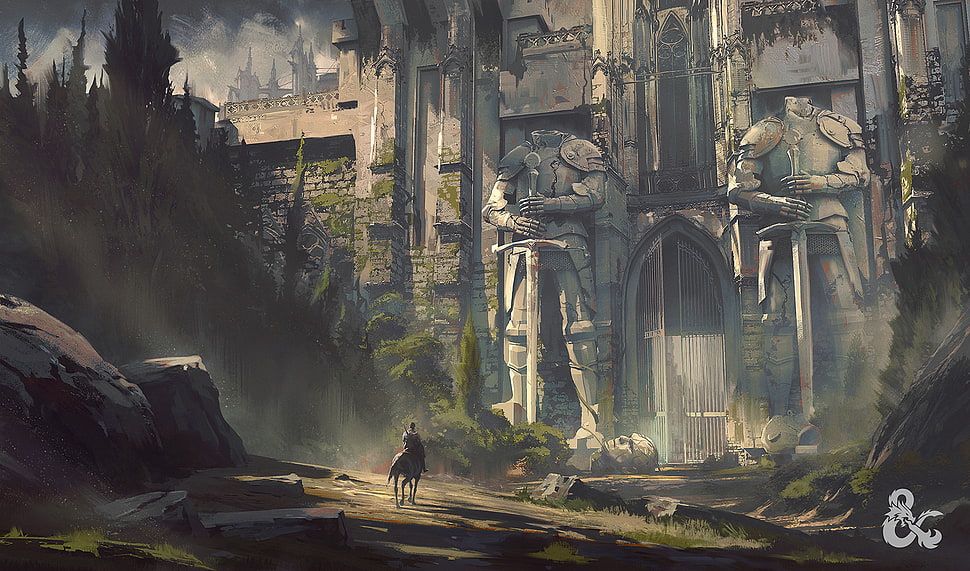
It comes from an old English word murnan, which means expressing a deep feeling of regret, grief, or loss.
There’s also an old Norse root for the term called morna, which translates to “to pine away.”
Morning Etymology
The word morning derives from the old English words morwenynge, moregeninge, which basically means the start of the day.
How Do You Spell Morning?
If you’re talking about the time of day between midnight and lunchtime, then it’s m-o-r-n-i-n-g. But if you mean the term used to reference a state of grieving, then it’s m-o-u-r-n-i-n-g.
Using Morning in a Sentence
- Good morning! It’s such a lovely day, isn’t it?
- I need to get up early in the morning to make it to the bus.
- I absolutely loathe mornings; I’m more of a night person.
- Getting my kids up for school each morning is a pain.
- Morning is also the time period between dawn and noon.
- I love when the sun wakes me each morning and warms the pillow next to my head.
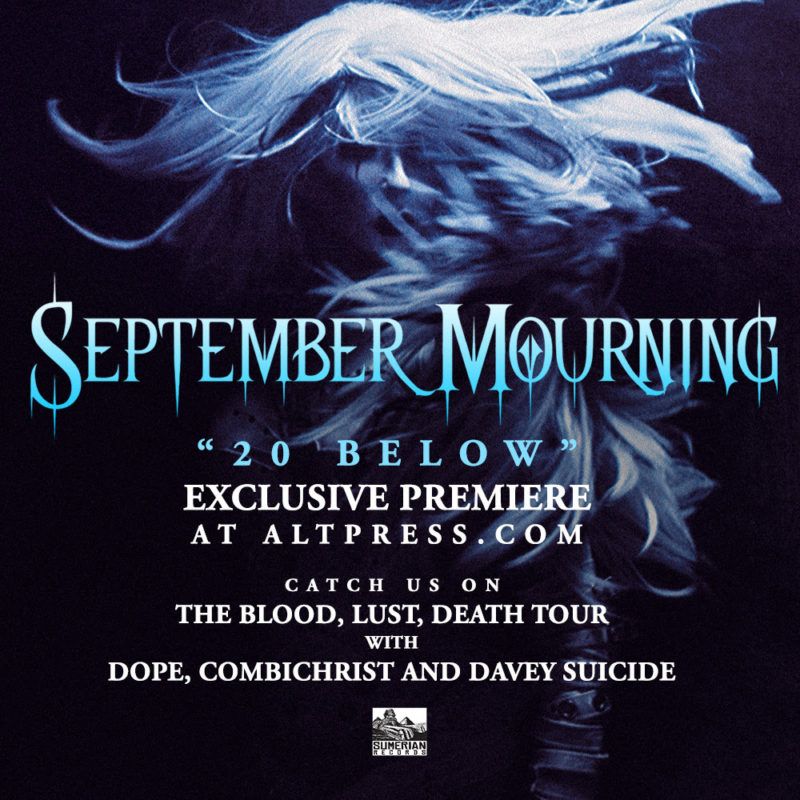
- I have to work until three in the morning.
Using Mourning in a Sentence
- My baby brother passed away over a year ago, and I still mourn his death.
- The loss of a child is something you’ll always be mourning.
- Let her be; give her a day of mourning.
- I’m mourning the loss of my youth as I grow closer to fifty.
- Back in the day, women wore black mourning attire or mourning dress for a month after their husbands died to show people they were grieving.
Morning and Mourning: There’s a Big Difference
So, you can clearly see why you shouldn’t mix up the definitions of these two words. While they sound the same, they have completely different meanings. Morning is the early time of day; mourning is the state of grief.
Use Shift+Tab to go back
When and on what occasion was a nationwide mourning appointed in Russia. Infographic
Image copyright NATALIA KOLESNIKOVA / GETTY IMAGES
March 28 is a nationwide mourning in Russia in connection with the death of 64 people in a fire in a shopping center in Kemerovo. The President of the country commented on the fire for the first time a day and a half after the tragedy, and mourning passes only three days later. However, this is not the biggest pause between the tragic event and the response of the authorities in recent years.
The President of the country commented on the fire for the first time a day and a half after the tragedy, and mourning passes only three days later. However, this is not the biggest pause between the tragic event and the response of the authorities in recent years.
Officials' first comments about the fire in Kemerovo appeared on the morning of March 27 and caused a negative reaction from local residents who had gathered in the city center. The governor of the Kemerovo region, Aman Tuleev, personally apologized to President Vladimir Putin, his deputy Sergei Tsivilev accused the organizer of the rally, who lost his family in a fire, of PR.
Mourning was scheduled for Wednesday. But already during the mourning, officials began to talk about some kind of conspiracy against the president and attempts to destabilize the situation, taking advantage of someone else's grief.
- "They are rocking the situation.
 " What the authorities said after the fire in Kemerovo
" What the authorities said after the fire in Kemerovo - Day of mourning for those killed in Kemerovo. Photographs
- "The metal melted, what can we say about people": a monologue of a man who lost his family in Kemerovo
As a rule, the President of Russia declares national mourning the day after the tragedy, but this does not always happen. Detailed BBC infographic.
When and how mourning was declared
There is no procedure for declaring mourning in Russia - only the president has the right to declare national mourning by his decree.
Official mourning involves the cancellation of festive, entertainment and sporting events throughout the country or region where the tragedy occurred. State flags are also flown at half-staff.
The tradition of mourning after mass catastrophes in the USSR appeared in 1988. Then the earthquake in Armenia claimed the lives of 25 thousand people.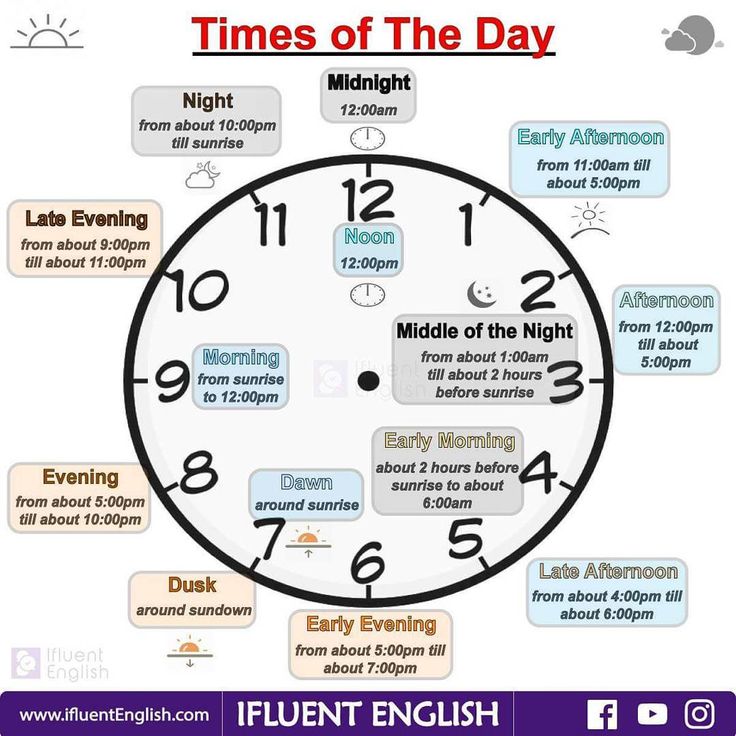 Prior to this, "nationwide mourning" was declared only after the deaths of communist leaders - from Vladimir Lenin to Konstantin Chernenko, as well as after the death of the first cosmonaut Yuri Gagarin at 1968 year. These days in the USSR were non-working.
Prior to this, "nationwide mourning" was declared only after the deaths of communist leaders - from Vladimir Lenin to Konstantin Chernenko, as well as after the death of the first cosmonaut Yuri Gagarin at 1968 year. These days in the USSR were non-working.
In the 1990s, the informal practice of declaring nationwide mourning after tragedies that claimed the lives of more than 100 people appeared. Although this rule has exceptions: a fire in the internal affairs department of Samara in 1999 claimed 57 lives and became a reason for national mourning a week later.
Photo copyright, EPA
Photo caption,Three days of mourning has been declared in the Kemerovo region since March 27
96, 17 children died, and mourning was also declared throughout the country.In July 2011 mourning was declared after the crash of the ship "Bulgaria" on the Volga, then 122 people died.
In 2007, the cause of mourning was the death of one person - the first president of Russia, Boris Yeltsin.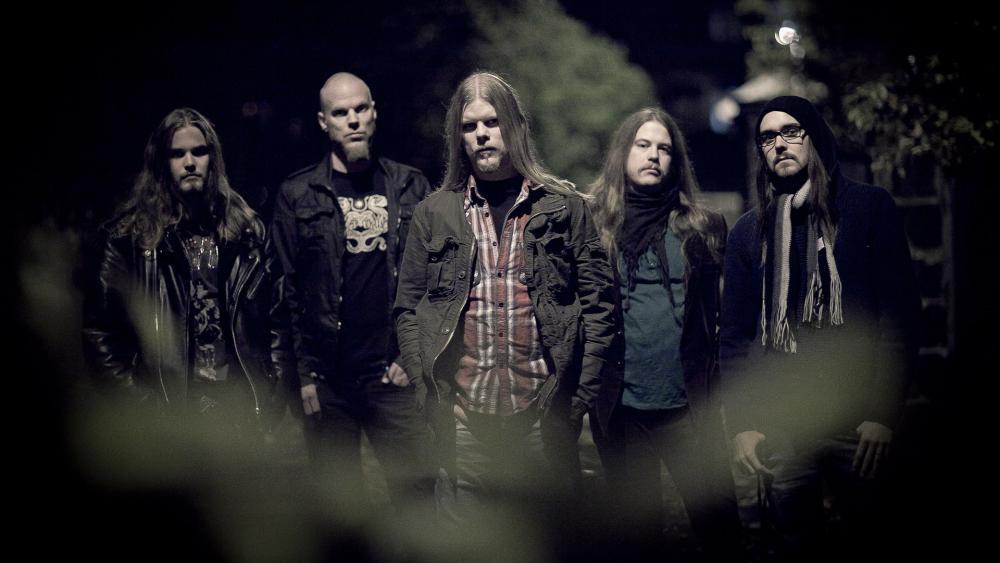 After the death of Patriarch Alexy II in 2008, mourning was not declared, although President Dmitry Medvedev canceled his visit to Italy.
After the death of Patriarch Alexy II in 2008, mourning was not declared, although President Dmitry Medvedev canceled his visit to Italy.
Silence of the President
Skip the Podcast and continue reading.
Podcast
What was that?
We quickly, simply and clearly explain what happened, why it's important and what's next.
episodes
The End of History Podcast
Putin's most famous silence is the pause after the Kursk submarine crash in 2000. The President, elected only six months earlier, interrupted his vacation only five days after the tragedy. He did not give detailed comments, and the press criticized him for his long silence.
He first said something publicly about the Kursk two weeks after the incident, in an interview with CNN's Larry King - without going into details, he said about the submarine: "It sank.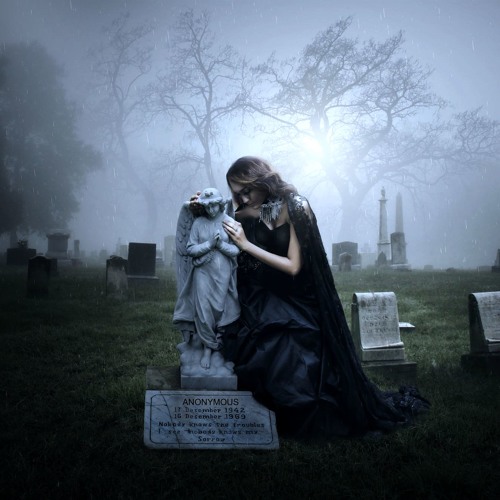 "
"
Prior to this, Putin met with relatives of the sailors - the meeting was closed and it was forbidden to record it. The meeting at the House of Officers in Vidyaevo turned out to be tense, and its audio recording later got into the media.
Since then, Putin has met with relatives of the victims only a few times, in particular after the explosions at the Raspadskaya mine in the Kemerovo region in 2010 and now in Kemerovo itself.
During the terrorist attack on the Dubrovka theater center in Moscow in 2002, Putin remained silent for four days. During the terrorist attack at a school in Beslan in 2004 - three days.
When there was a fire in the Perm club "Lame Horse" in 2009 (the tragedy claimed the lives of 156 people), Dmitry Medvedev was president. He spoke out the day after the tragedy, saying the club's owners had "no brains, no conscience". Putin, then prime minister, arrived in Perm three days after the fire. He placed flowers at a makeshift memorial outside the club. His visit was not announced, and he flew into the city at night. The photographs showed that besides him, only officials were near the club.
His visit was not announced, and he flew into the city at night. The photographs showed that besides him, only officials were near the club.
Putin also brought flowers after the terrorist attack on the St. Petersburg metro in 2017 and on March 27 in Kemerovo.
But the situation was radically different. In St. Petersburg, Putin appeared unexpectedly, went up to the memorial together with journalists and guards, put flowers in the same place where other people were standing, and left.
In Kemerovo he came to the memorial alone, on a deserted square. While the townspeople and relatives of the victims were gathering in the center of the city, Putin drove through the blocked streets, walked through an empty square, surrounded by guards, not even crossing eyes with anyone.
The Winter Cherry Tragedy
A fire broke out in the Winter Cherry shopping center in Kemerovo on Sunday, March 25th.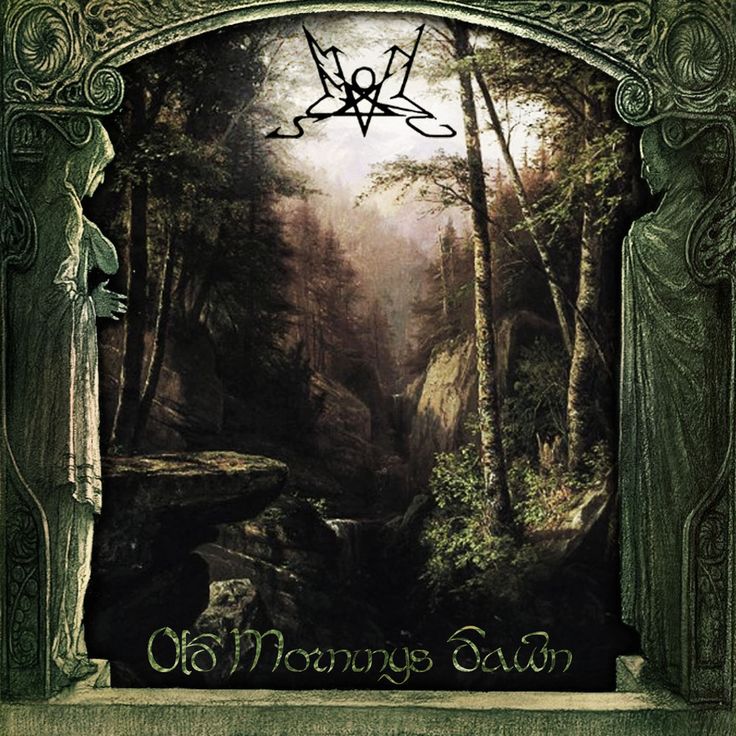 According to the latest official data, 64 people became its victims, including more than 40 children. Many local residents question these figures, arguing that in reality there are many more victims.
According to the latest official data, 64 people became its victims, including more than 40 children. Many local residents question these figures, arguing that in reality there are many more victims.
Earlier mourning was declared in a number of regions by local authorities. So, mourning for those killed in Kemerovo was declared in Yekaterinburg, the Kemerovo region, the Ryazan region, the Bryansk region, the Primorsky Territory, Novosibirsk, the Republic of Buryatia, Ingushetia, and Yakutsk.
In Kemerovo itself, on Tuesday, a people's gathering was held, which was attended by several thousand people. Angry citizens who do not believe the official estimates of the number of deaths in the local shopping center "Winter Cherry" managed to force officials to let them go not only to the central square, but also to the morgue. Those in response accused them of wanting to promote.
Early in the morning of March 27, Russian President Vladimir Putin arrived in Kemerovo. He did not attend the rally, but visited the victims in the hospital, spoke with an initiative group of citizens who asked him about the resignation of the regional governor Aman Tuleyev, and held a meeting with Tuleyev himself.
He did not attend the rally, but visited the victims in the hospital, spoke with an initiative group of citizens who asked him about the resignation of the regional governor Aman Tuleyev, and held a meeting with Tuleyev himself.
At that time, the public was already widely discussing why the all-Russian mourning was not declared, the collection of signatures for several petitions and a campaign in social networks began.
President Putin signed the corresponding decree only after returning from Kemerovo to Moscow.
The decree on nationwide mourning was signed only after noon on Tuesday.
Protest mourning – Newspaper Kommersant No. 209 (6930) dated 11/14/2020
On Friday, thousands of Belarusians took to the rallies in memory of the fallen opposition supporter, 31-year-old Roman Bondarenko. On Thursday evening, he died in a Minsk hospital as a result of severe beatings. Eyewitnesses of the tragedy assure: the beatings were the work of the security forces.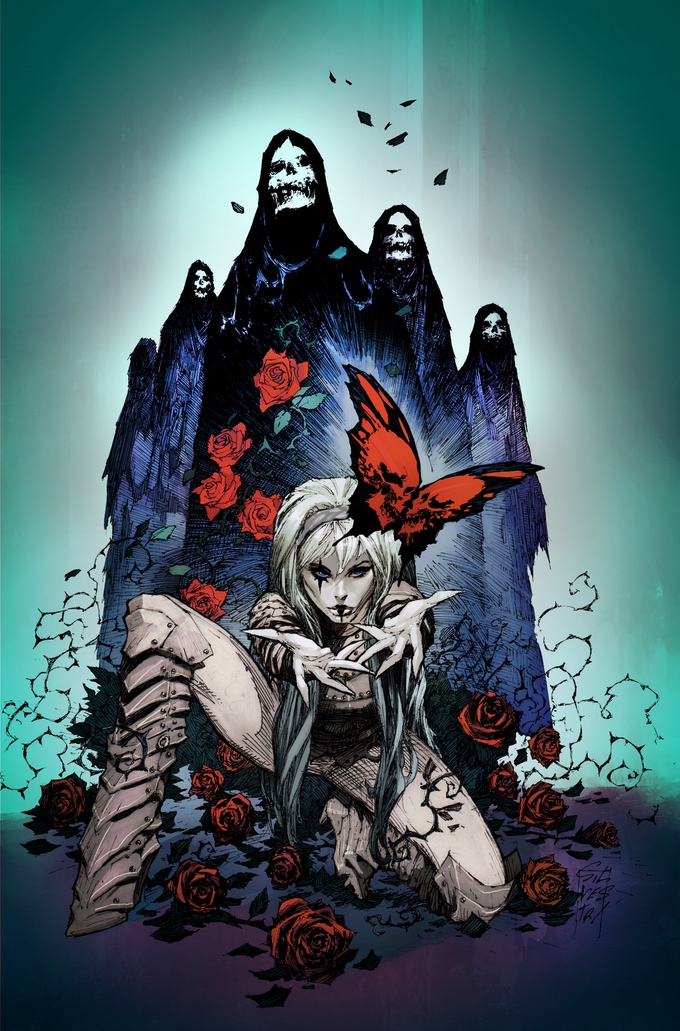 According to the Ministry of Internal Affairs of the republic, the violence was caused by "caring citizens". Nevertheless, Minsk has already been criticized by the UN and Kiev, and the EU has made it clear that they are ready to impose additional sanctions.
According to the Ministry of Internal Affairs of the republic, the violence was caused by "caring citizens". Nevertheless, Minsk has already been criticized by the UN and Kiev, and the EU has made it clear that they are ready to impose additional sanctions.
Previous photo
Transformer booth on the "Square of Changes" in Minsk became a place of spontaneous mourning after the tragic death of a local resident
Photo: Reuters
Photo: Kommersant / Viktor Drachev / buy photo
Photo: Kommersant / Viktor Drachev / buy photo
Photo: Kommersant / Viktor Drachev / buy photo
Next photo
1 / 4
Transformer booth on the "Square of Changes" in Minsk became a place of spontaneous mourning after the tragic death of a local resident
Photo: Reuters
Photo: Kommersant / Viktor Drachev / buy photo
Photo: Kommersant / Viktor Drachev / buy photo
Photo: Kommersant / Viktor Drachev / buy photo
A simple transformer box in the courtyard of residential buildings north of the center of Minsk turned into a real memorial on Friday. Next to her are thousands of white and red roses and carnations, hundreds of burning candles. On the walls of the booth are the inscriptions "We will survive" and "The killers must be punished." Women are crying, not hiding their tears, and motorists passing by do not stop honking. This is how the officially undeclared national mourning for Roman Bondarenko from Minsk looks like.
Next to her are thousands of white and red roses and carnations, hundreds of burning candles. On the walls of the booth are the inscriptions "We will survive" and "The killers must be punished." Women are crying, not hiding their tears, and motorists passing by do not stop honking. This is how the officially undeclared national mourning for Roman Bondarenko from Minsk looks like.
The yard with a booth, or “Square of Changes”, as it was called in Minsk, has long become a local landmark, the Instagram account of the same name has 25,000 subscribers. Despite the vigilant control of law enforcement officers, the fence in the yard is constantly decorated with white and red ribbons, and the booth is constantly decorated with a mural depicting two disgraced DJs who, back in August, at a state holiday, suddenly turned on Viktor Tsoi's song "Change". The mural is painted over every now and then, but it appears again. Right there, at the booth, concerts are played every evening.
As local residents told the Tut.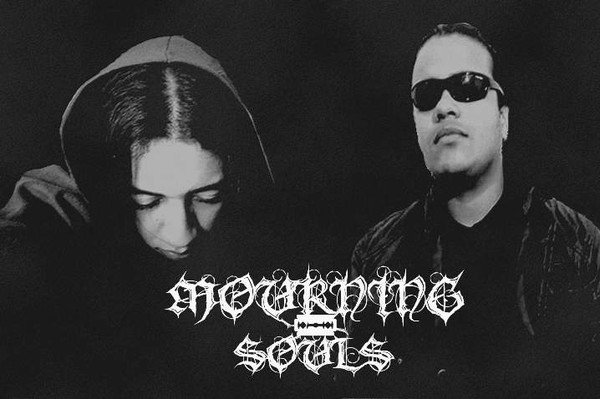 by portal, on Wednesday evening, people in civilian clothes and masks again came to the "Square of Changes" to remove white and red ribbons from the fences, in the color of the official flag of the Belarusian People's Republic in 1991-1995 , which have now become a symbol of the protest movement. Between them and the residents of the surrounding houses, among whom was 31-year-old Roman Bondarenko, a verbal skirmish began.
by portal, on Wednesday evening, people in civilian clothes and masks again came to the "Square of Changes" to remove white and red ribbons from the fences, in the color of the official flag of the Belarusian People's Republic in 1991-1995 , which have now become a symbol of the protest movement. Between them and the residents of the surrounding houses, among whom was 31-year-old Roman Bondarenko, a verbal skirmish began.
“Then he (Roman.— “Kommersant” ) said something, and the man in the mask asked: “Why are you such a greyhound?” - an eyewitness describes the conflict. - Roma pushed closer to the mural, he tried to dodge, but the unknown grabbed him and threw him with all his might to the hill on the site. He hit his head hard."
Then, according to neighbors, the guy was “professionally detained” and taken away in a minibus. At the same time, eyewitnesses note that he was not beaten on the site, he was taken to the bus in his mind.
According to Tut.by, Roman Bondarenko was admitted to the hospital with extensive cerebral edema, a closed craniocerebral injury, subdural hematomas, bruises and abrasions. The publication also reported that the guy was admitted to the hospital from the Central police department of Minsk. On Thursday he fell into a coma. Doctors told relatives: the guy has "a chance to survive one in a thousand." On Thursday evening it became known that Roman died in hospital from his injuries.
The publication also reported that the guy was admitted to the hospital from the Central police department of Minsk. On Thursday he fell into a coma. Doctors told relatives: the guy has "a chance to survive one in a thousand." On Thursday evening it became known that Roman died in hospital from his injuries.
In the Ministry of Internal Affairs of the republic, the incident was called a fight of "caring citizens." And the Investigative Committee (IC) of Belarus on Friday morning explained that the fight took place "between aggressive local residents hanging tapes and people filming them." The departments did not mention the fact that Roman Bondarenka was taken to the hospital at the Minsk police department.
The Investigative Committee even stated that “the police officers who arrived at the scene found a man with bodily injuries and signs of intoxication.”
The President of the Republic Alexander Lukashenko made the same version on Friday.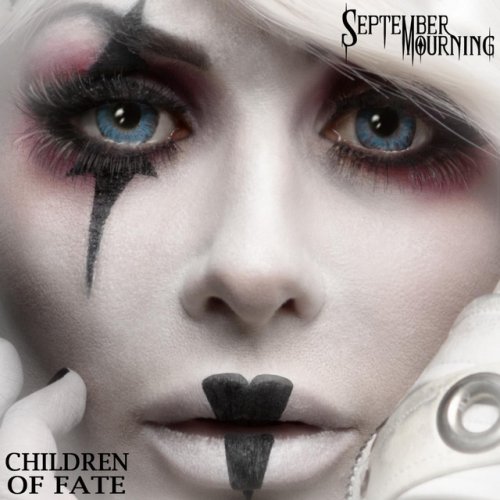 He offered condolences to the parents of the deceased and instructed the Prosecutor General's Office to take "under the most serious control" of the case, to investigate it "honestly and objectively." The President also urged not to make “a policy on the death of people”: “Nobody needs this rebellion. And no one needs the sacred death of people either. Not only for me, but for them too. It's someone's child." Describing the events, Mr. Lukashenko said: according to him, during the brawl, one of the protesters called the police. “A reinforced police squad left. When they arrived, as usual, everyone scattered. And this one (Roman Bondarenko. - “b” ) either he was injured, or something ... In a state of intoxication. This is recognized. The conclusion was presented today by the UK. They posted it all. He was drunk. Of course, they picked him up and took him to the department. He became ill on the way, as I was informed. They called an ambulance and sent him to the hospital,” the President said during a conversation with reporters.
He offered condolences to the parents of the deceased and instructed the Prosecutor General's Office to take "under the most serious control" of the case, to investigate it "honestly and objectively." The President also urged not to make “a policy on the death of people”: “Nobody needs this rebellion. And no one needs the sacred death of people either. Not only for me, but for them too. It's someone's child." Describing the events, Mr. Lukashenko said: according to him, during the brawl, one of the protesters called the police. “A reinforced police squad left. When they arrived, as usual, everyone scattered. And this one (Roman Bondarenko. - “b” ) either he was injured, or something ... In a state of intoxication. This is recognized. The conclusion was presented today by the UK. They posted it all. He was drunk. Of course, they picked him up and took him to the department. He became ill on the way, as I was informed. They called an ambulance and sent him to the hospital,” the President said during a conversation with reporters.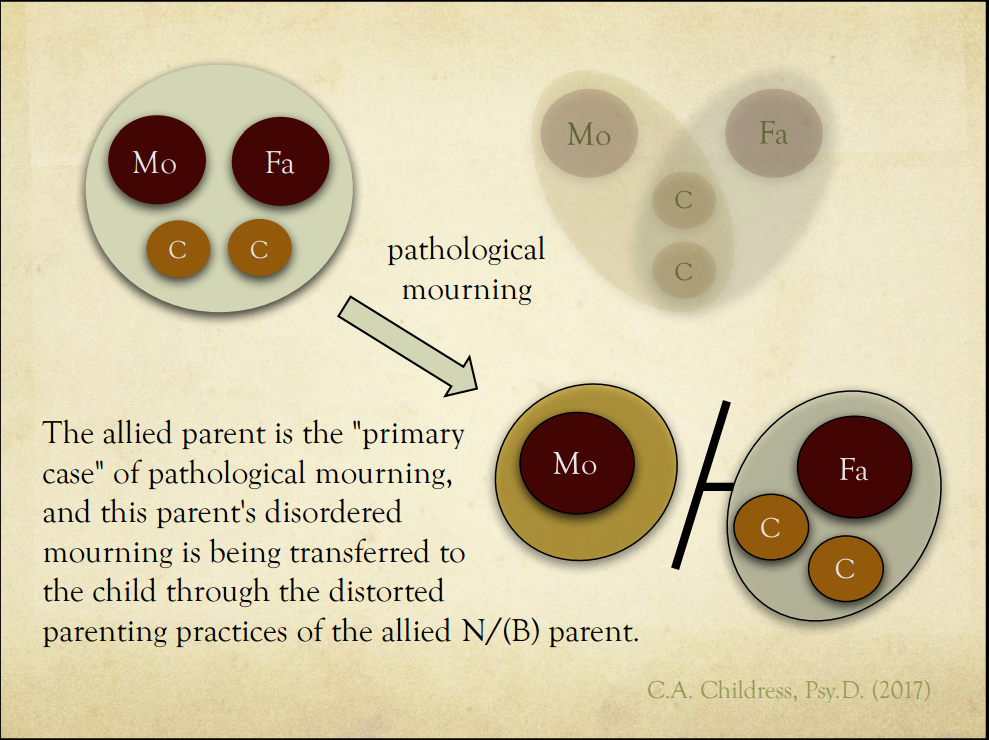
However, one of the hospital doctors told Tut.by the opposite: “Roman had zero ppm of alcohol, nothing was found at all.” This is also confirmed by copies of Mr. Bondarenko's documents, which were published by the publication. Eyewitnesses of the fight are also sure that the "caring citizens" who beat Roman were the security forces. For example, Tatiana, a resident of one of the houses in the district, told Tut.by that there was a man in a minibus wearing black clothes and a balaclava. “It was clear that people know how to carry out arrests,” she also stressed.
The explanations presented by the authorities were not convincing to everyone.
On Friday, thousands of Belarusians gathered in different cities of the country to commemorate a Minsker. They were also supported abroad. “It is with horror and sadness that we learned the news of the tragic death of 31-year-old Roman Bondarenko, who died yesterday in hospital from severe injuries sustained as a result of police brutality… Roman is yet another irreparable loss in the country’s peaceful struggle for a democratic future,”— the EU Delegation in Minsk said in a statement. The diplomats declared "solidarity with all peacefully demonstrating Belarusians who suffered at the hands of the Belarusian authorities." The EU Foreign Service noted that the EU "has already imposed sanctions on 55 individuals responsible for violence and intimidation, and is ready to impose additional ones." The Estonian Ministry of Foreign Affairs has already promised to initiate the expansion of European sanctions on Friday.
The diplomats declared "solidarity with all peacefully demonstrating Belarusians who suffered at the hands of the Belarusian authorities." The EU Foreign Service noted that the EU "has already imposed sanctions on 55 individuals responsible for violence and intimidation, and is ready to impose additional ones." The Estonian Ministry of Foreign Affairs has already promised to initiate the expansion of European sanctions on Friday.
The Office of the UN High Commissioner for Human Rights also condemned the authorities of the republic. On Friday, a spokesman for the department, Rupert Colville, noted that the Belarusian government has not provided information about the investigation into torture and other forms of ill-treatment of protesters. “Recent events only reinforce the feeling that impunity for human rights violations committed during protests and in places of detention continues to persist in Belarus,” he said, calling on the leadership of the republic to conduct a “thorough, transparent and independent investigation” death of Roman Bondarenko, and then share his results.


